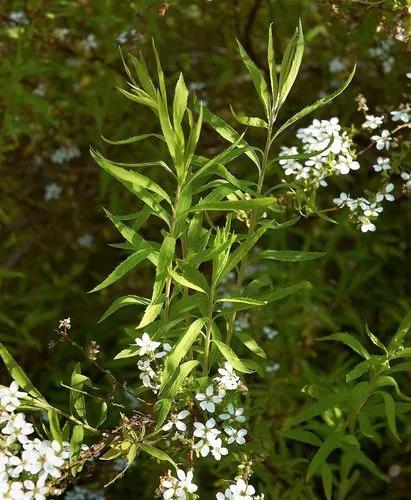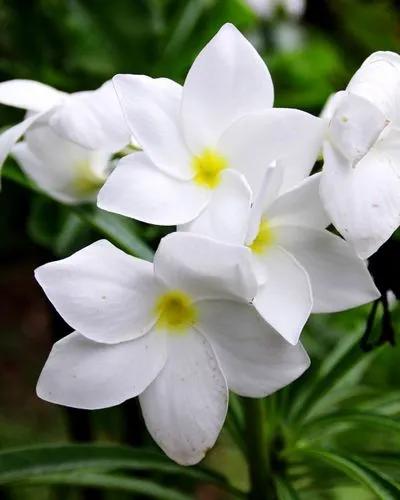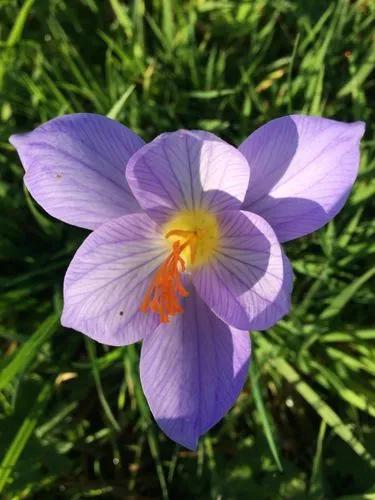Bougainvillea glabra, the lesser bougainvillea or paperflower, is the most common species of bougainvillea used for bonsai. The epithet 'glabra' comes from Latin and means "bald". It is heat and drought tolerant and frost sensitive.
Paper-flower Care
Bougainvillea glabra
Other names: Lesser Bougainvillea



Bougainvillea glabra is an evergreen, climbing shrub with thorny stems. It usually grows 3-4m (10–12feet) tall, occasionally up to 9m (30 feet). Tiny white flowers usually appear in clusters surrounded by colorful papery bracts, hence the name paperflower. Bougainvillea glabra is native to Brazil growing in well drained sandy desert soils, slopes, mesas and disturbed rocky soil in a broad elevation range, anywhere from sea level to 750m (0-2500 feet). Its natural habitat is equatorial where day and night lengths are almost equal. Bougainvillea glabra in these areas tend to bloom year round. Elsewhere, best blooming occurs when the night length and day length are almost equal (in spring or fall).
How to Care for the Plant

Water

Bougainvilleas are drought-tolerant, requiring little water once established. bring the soil to visual dryness between watering; when the plants are almost at the wilting point, watering is required. take care not to let your bougainvillea become too dry, as this will cause bracts and foliage to drop.

Pruning

It is important to never remove more than a third of the foliage in any one year and to cut just above a node on the stem.

Fertilizer

As with most houseplants, they will benefit from an occasional feed during the growing season. An organic, balanced, liquid fertilizer once a month during spring and summer is recommended.

Sunlight

All plants require light for photosynthesis, the process within a plant that converts light, oxygen and water into carbohydrates (energy). Plants require this energy in order to grow, bloom and produce seed. Without adequate light, carbohydrates cannot be manufactured, the energy reserves are depleted and plants die. They need 12-14 hours of indirect sunlight.

Soil

Requires a well-drained, loose mixture of potting soil.

Temperature

Normal room temperature of 60-75°F/16-24°C are suitable during the active growth period. In the winter rest period they should be kept cool but not bellow 10°C (50°F).

Container

Choose a pot with drainage holes, which also ensures potting soil doesn't stay too wet after watering your houseplants. The excess can freely escape out the bottom of the container, allowing oxygen to make its way to plant roots.

Popularity

30,500 people already have this plant 2,275 people have added this plant to their wishlists
Discover more plants with the list below
Popular articles






